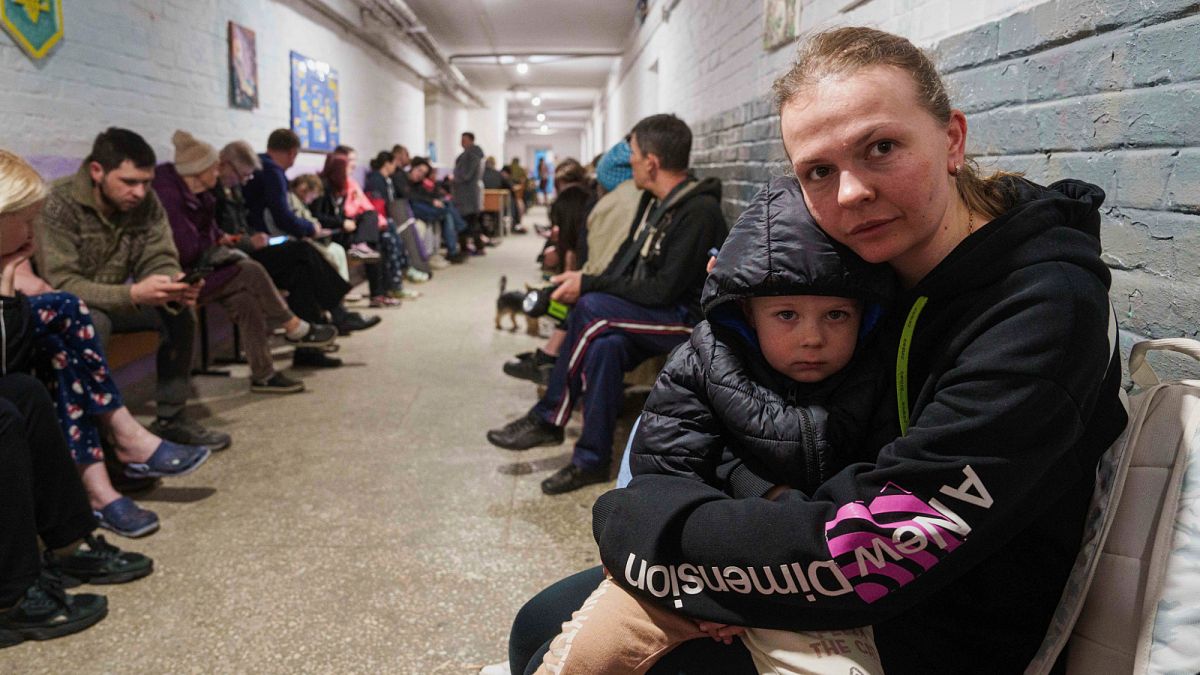Alabama is scheduled to execute a man on Thursday after he dropped his appeals, admitting that he is guilty of raping and murdering a woman 15 years ago and doesn't want to keep “wasting everybody's time.”
James Osgood, 55, will be executed by lethal injection at 6pm at William Holman Correctional Facility in Atmore, Alabama. When his sentence is administered, he will join the approximately one in ten people on death rows across America who have asked for their own executions.
Osgood was convicted of capital murder by a jury for the killing of Tracy Lynn Brown in Chilton County in 2010. Prosecutors said Osgood cut Brown's throat after he and his girlfriend sexually assaulted her.
The man told reporters that he wants to apologize to Brown's family and that he dropped his appeals because, "I am guilty of murder." In a letter to his lawyer explaining his decision to seek an execution date, he wrote that he's tired and no longer feels like he's "even existing."
"I'm a firm believer in, like I said in court, an eye for an eye, a tooth for a tooth. I took a life so mine was forfeited. I don't believe in sitting here and wasting everybody's time and everybody's money," Osgood told the Associated Press.
Brown was found dead in her home on 23 October 2010. Prosecutors said Osgood admitted to police that he and his girlfriend sexually assaulted Brown, forcing her to perform sex acts, after discussing how they had fantasies about kidnapping and torturing someone. Then he cut her throat. His girlfriend, who was Brown's cousin, was sentenced to life in prison.
"I can't imagine anyone doing that to someone, even their worst enemy. I don't know what kind of mind has that kind of thinking," Jackie Wileman, Brown's stepmother, told the judge at Osgood's 2014 sentencing hearing.
In handing down the death sentence, the judge noted that Osgood had a difficult childhood that included sexual abuse, abandonment and a suicide attempt. But the judge also said that it was Osgood who cut Brown's neck and stabbed her as she begged the couple not to hurt her.
Osgood said last week that he regrets all the "pain and suffering" he has caused Brown's family, and his own.
"I would like to say to the victim's family, I apologize," Osgood said. "I'm not going to ask their forgiveness because I know they can't give it." Only God can grant forgiveness, he added.
Osgood's initial death sentence was thrown out by an appeals court ruling that jurors were given improper instructions. At his resentencing in 2018, Osgood asked to be executed, saying he didn't want the families to endure another hearing.
The Death Penalty Information Center reported last year that 165 of the people executed since a moratorium on the death penalty ended in 1977 — a total that has since grown to more than 1650 people — asked to be put to death. The center also said that the overwhelming majority of these volunteers had histories of mentall illness, substance abuse or suicidal ideation.
Alabama Gov. Kay Ivey made a rare move this year to grant clemency to another death row inmate, commuting the death sentence of Robin "Rocky" Myers to life in prison. The governor said there were enough questions about his guilt that she could not move forward with his execution. It was the only time Ivey has granted clemency, and the first time any Alabama governor commuted a death sentence since 1999.

 3 hours ago
5
3 hours ago
5










